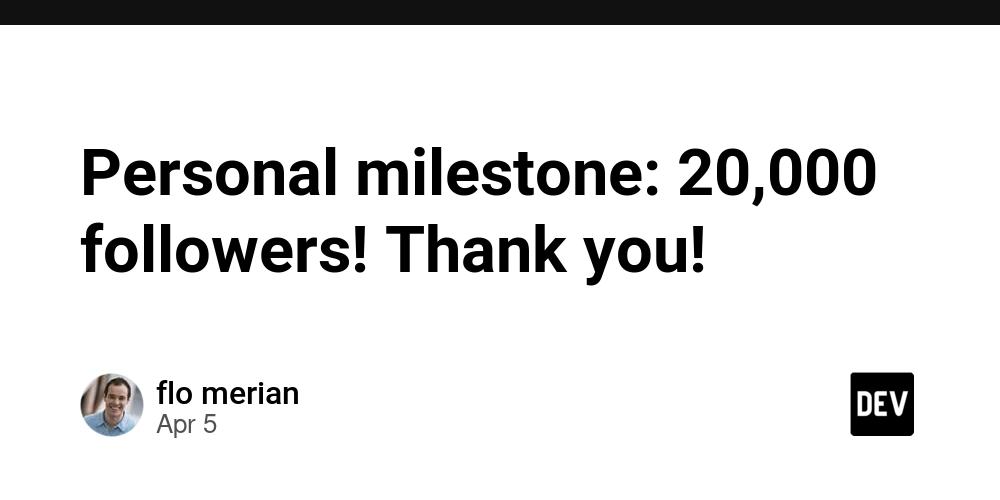The Role of Deep Work in High-Performance Teams
Introduction – What is Deep Work? Coined by author Cal Newport, deep work is the ability to focus without distraction on cognitively demanding tasks. It’s the kind of work that creates real value—whether it's writing code, solving complex problems, or building systems. For high-performance teams, deep work is more than just a productivity hack, it’s a cultural foundation. In today’s environment of pings, meetings, and status updates, teams that master deep work gain a serious competitive edge. Why Deep Work Matters for Teams While individual focus is important, deep work at the team level multiplies impact. Less context switching means higher quality output Fewer interruptions lead to faster turnaround times Shared focus time promotes stronger collaboration The best-performing teams are not the busiest, they are the most deliberately focused. Signs Your Team Lacks Deep Work Constant Slack notifications and email checks Daily schedules filled with fragmented meetings Shallow multitasking that leads to burnout A feeling of “always working” but little to show for it Without intentional effort, distractions become the norm—and deep focus becomes rare. How to Cultivate Deep Work in Teams 1. Block Time for Focused Work Reserve protected time in calendars—individually or as a team—where no meetings, calls, or messages are allowed. Use shared “focus blocks” during low-interruption hours Communicate availability transparently 2. Minimize Context Switching Avoid jumping between tools, tabs, and conversations. Group related tasks Use tools that centralize information Document decisions to reduce back-and-forth 3. Create Asynchronous Habits Not everything needs an instant response. Encourage async updates and check-ins Use written documentation over verbal repetition Make it okay to pause before replying 4. Reduce Noise in Your Tool Stack Multiple disconnected tools often lead to more distractions, not less. Limit overlap and redundant notifications Audit your stack and consolidate where possible How TaskFrame Encourages Deep Work High-performing teams need clarity and structure to protect their focus—and that’s exactly what TaskFrame enables. Wireframe-based planning gives visual clarity—teams know what needs to be done and where it fits. All-in-one workspace with docs, tasks, and wireframes in the same context means less switching, more flow. Each task or UI element includes structured properties, reducing ambiguity and minimizing unnecessary communication. Designed to support both synchronous and asynchronous workflows, TaskFrame allows teams to collaborate deeply—on their own time. By organizing work visually and reducing noise, TaskFrame helps teams stay in the zone longer, without the need for constant context switching. Conclusion – Focus is the New Superpower Deep work isn’t just for writers and academics—it’s a core part of building fast, resilient, and innovative software teams. In a world that rewards distraction, teams that protect their focus will outperform the rest. Looking to build a team culture around clarity and concentration? Try TaskFrame and give your team the space to do their best work.
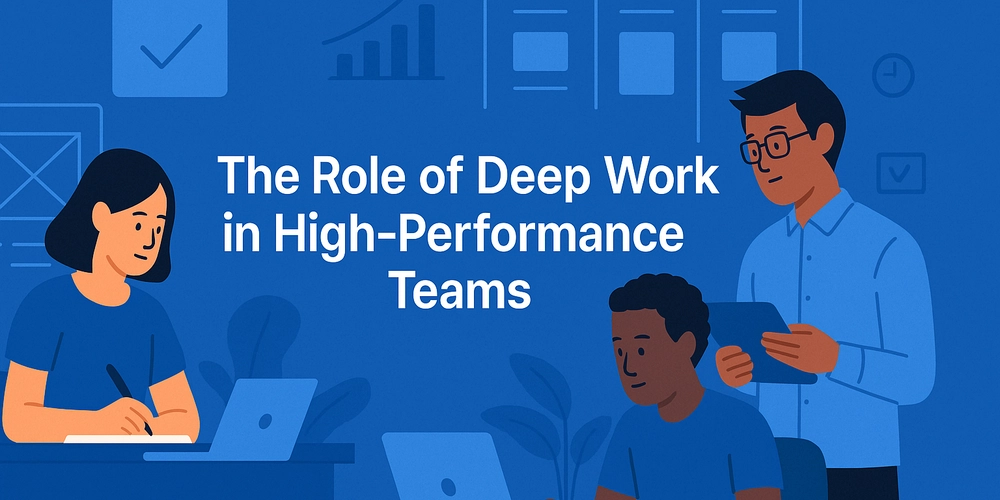
Introduction – What is Deep Work?
Coined by author Cal Newport, deep work is the ability to focus without distraction on cognitively demanding tasks. It’s the kind of work that creates real value—whether it's writing code, solving complex problems, or building systems.
For high-performance teams, deep work is more than just a productivity hack, it’s a cultural foundation.
In today’s environment of pings, meetings, and status updates, teams that master deep work gain a serious competitive edge.
Why Deep Work Matters for Teams
While individual focus is important, deep work at the team level multiplies impact.
- Less context switching means higher quality output
- Fewer interruptions lead to faster turnaround times
- Shared focus time promotes stronger collaboration
The best-performing teams are not the busiest, they are the most deliberately focused.
Signs Your Team Lacks Deep Work
- Constant Slack notifications and email checks
- Daily schedules filled with fragmented meetings
- Shallow multitasking that leads to burnout
- A feeling of “always working” but little to show for it
Without intentional effort, distractions become the norm—and deep focus becomes rare.
How to Cultivate Deep Work in Teams
1. Block Time for Focused Work
Reserve protected time in calendars—individually or as a team—where no meetings, calls, or messages are allowed.
- Use shared “focus blocks” during low-interruption hours
- Communicate availability transparently
2. Minimize Context Switching
Avoid jumping between tools, tabs, and conversations.
- Group related tasks
- Use tools that centralize information
- Document decisions to reduce back-and-forth
3. Create Asynchronous Habits
Not everything needs an instant response.
- Encourage async updates and check-ins
- Use written documentation over verbal repetition
- Make it okay to pause before replying
4. Reduce Noise in Your Tool Stack
Multiple disconnected tools often lead to more distractions, not less.
- Limit overlap and redundant notifications
- Audit your stack and consolidate where possible
How TaskFrame Encourages Deep Work
High-performing teams need clarity and structure to protect their focus—and that’s exactly what TaskFrame enables.
- Wireframe-based planning gives visual clarity—teams know what needs to be done and where it fits.
- All-in-one workspace with docs, tasks, and wireframes in the same context means less switching, more flow.
- Each task or UI element includes structured properties, reducing ambiguity and minimizing unnecessary communication.
- Designed to support both synchronous and asynchronous workflows, TaskFrame allows teams to collaborate deeply—on their own time.
By organizing work visually and reducing noise, TaskFrame helps teams stay in the zone longer, without the need for constant context switching.
Conclusion – Focus is the New Superpower
Deep work isn’t just for writers and academics—it’s a core part of building fast, resilient, and innovative software teams.
In a world that rewards distraction, teams that protect their focus will outperform the rest.
Looking to build a team culture around clarity and concentration?
Try TaskFrame and give your team the space to do their best work.






















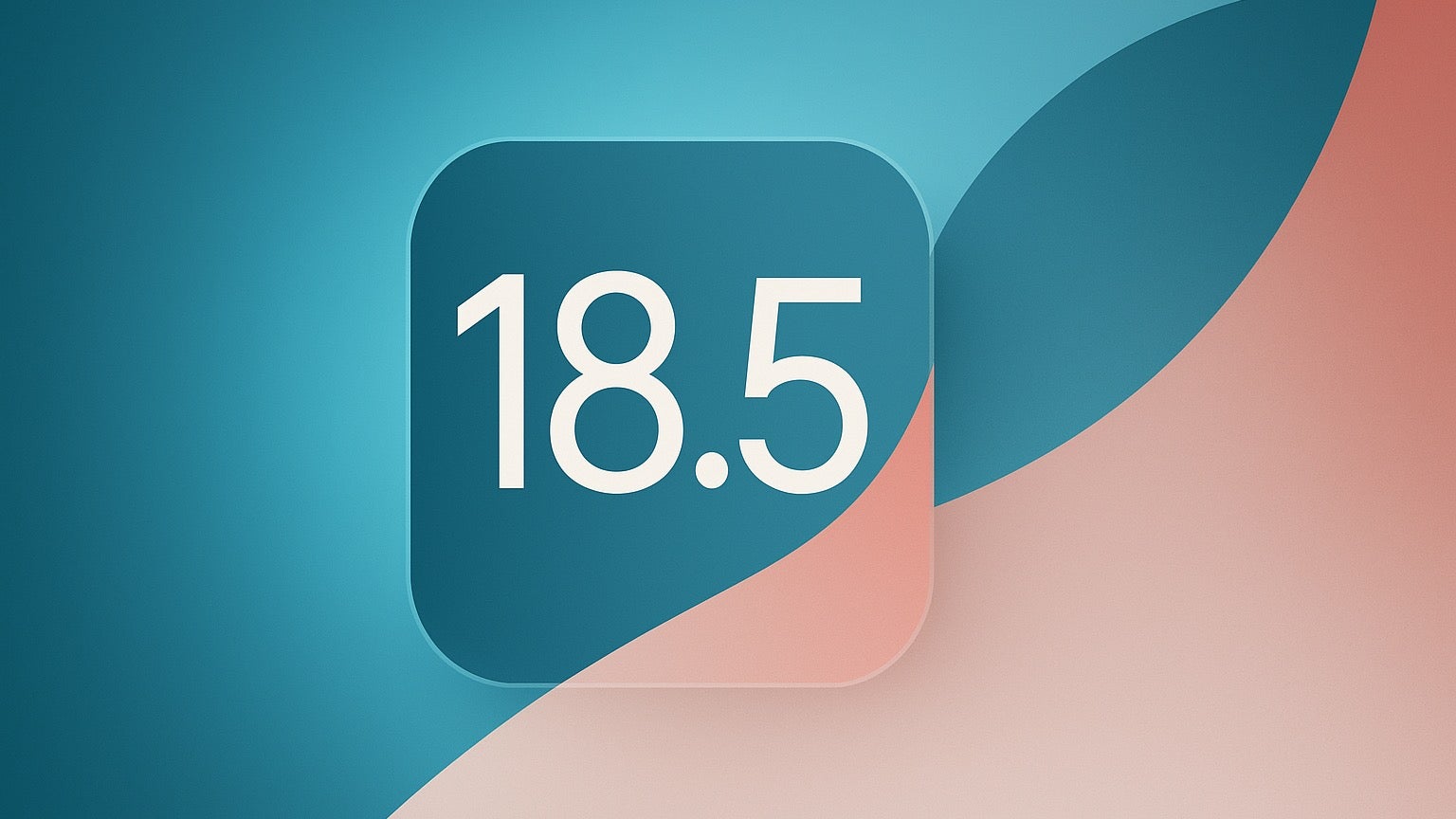
































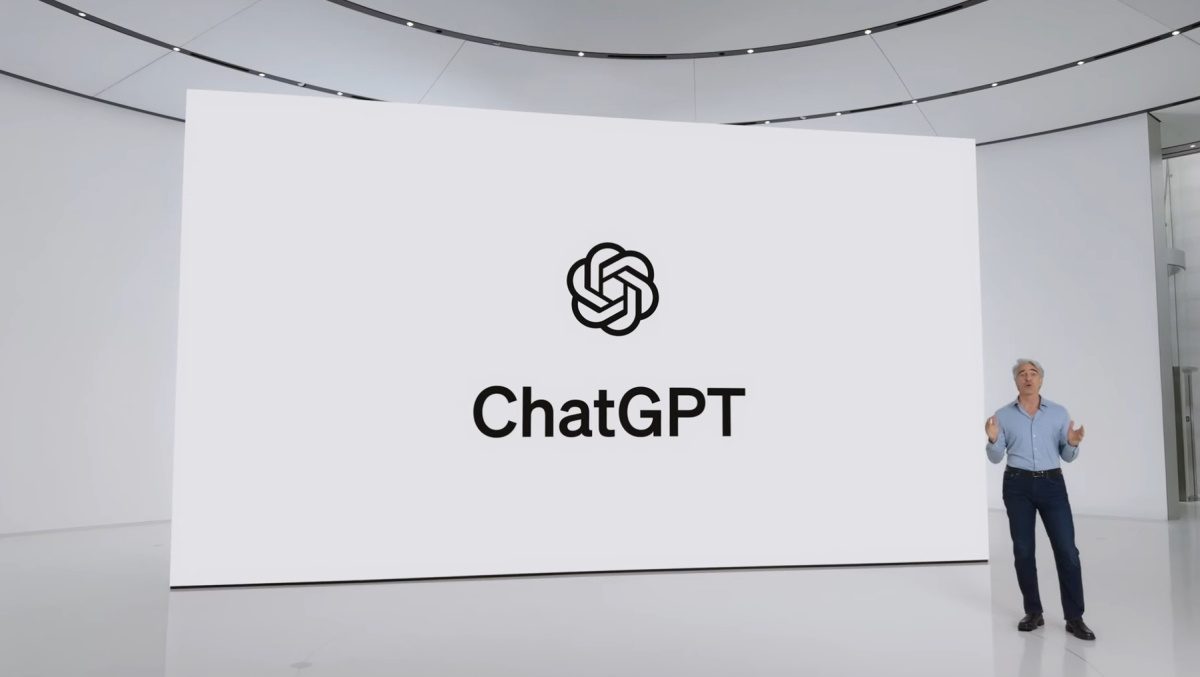











![Apple Considers Delaying Smart Home Hub Until 2026 [Gurman]](https://www.iclarified.com/images/news/96946/96946/96946-640.jpg)
![Tariffs Threaten Apple's $999 iPhone Price Point in the U.S. [Gurman]](https://www.iclarified.com/images/news/96943/96943/96943-640.jpg)
![iPhone 17 Pro Won't Feature Two-Toned Back [Gurman]](https://www.iclarified.com/images/news/96944/96944/96944-640.jpg)





































































































.webp?#)


_Christophe_Coat_Alamy.jpg?#)









































































![[The AI Show Episode 142]: ChatGPT’s New Image Generator, Studio Ghibli Craze and Backlash, Gemini 2.5, OpenAI Academy, 4o Updates, Vibe Marketing & xAI Acquires X](https://www.marketingaiinstitute.com/hubfs/ep%20142%20cover.png)


























































































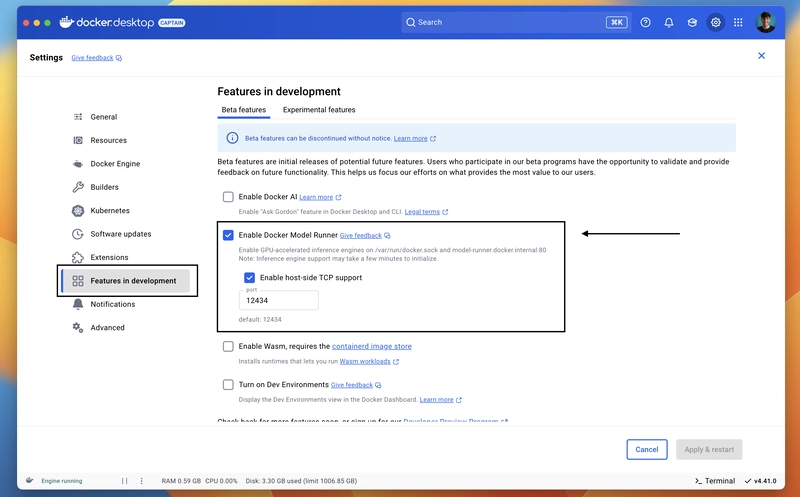


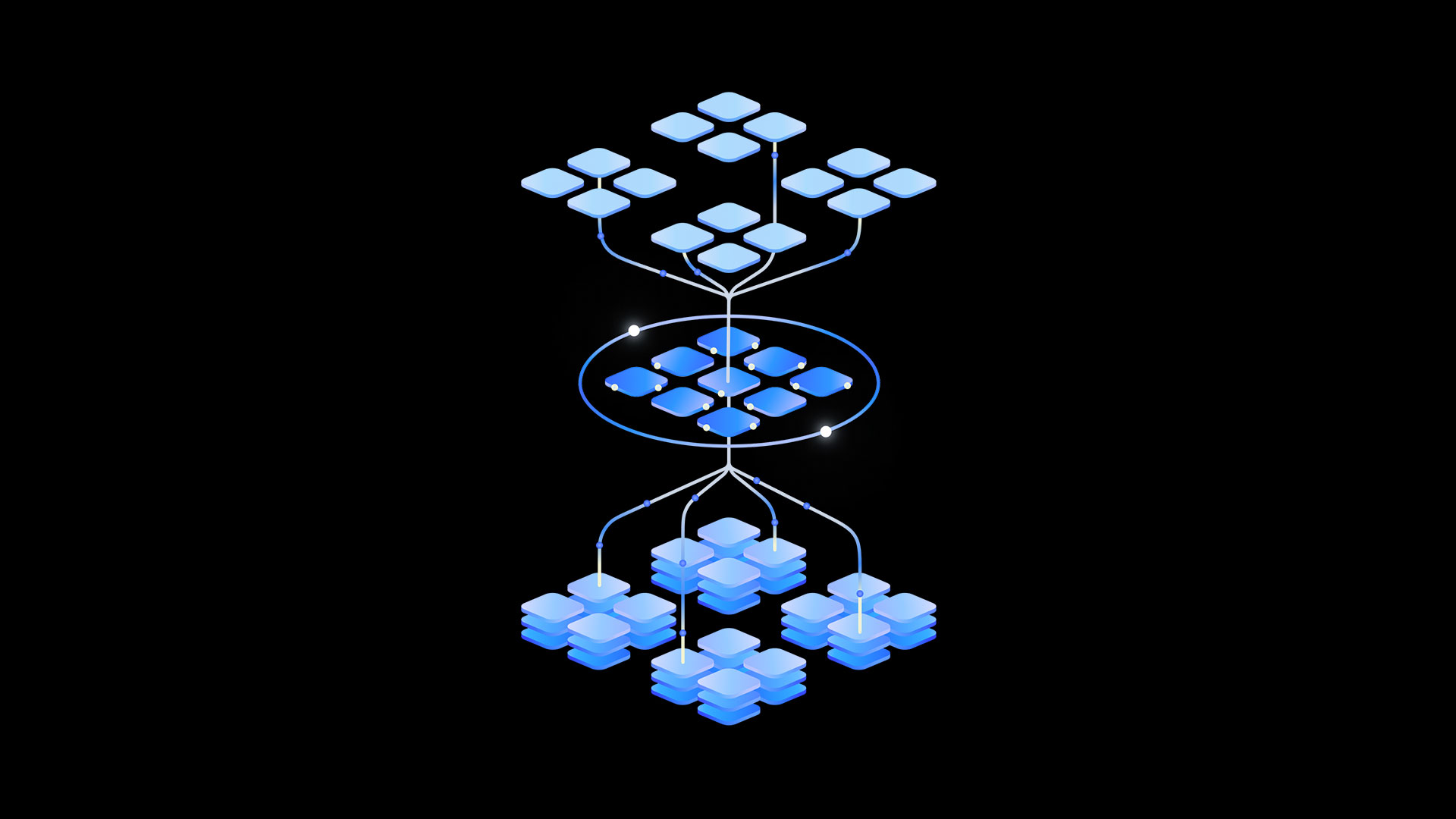




































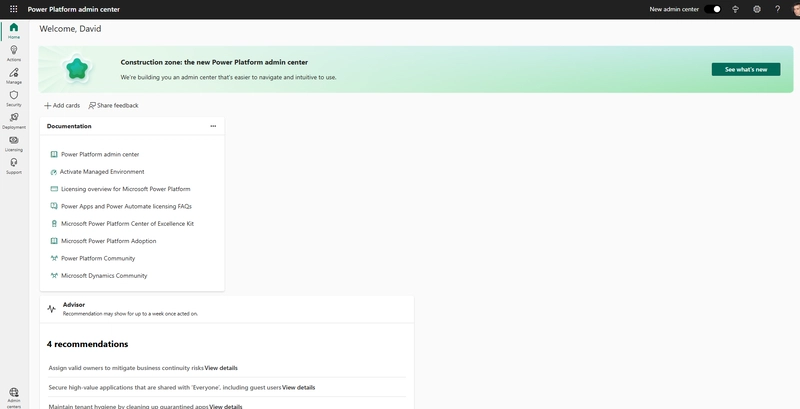
![From drop-out to software architect with Jason Lengstorf [Podcast #167]](https://cdn.hashnode.com/res/hashnode/image/upload/v1743796461357/f3d19cd7-e6f5-4d7c-8bfc-eb974bc8da68.png?#)



![[DEALS] The Premium Learn to Code Certification Bundle (97% off) & Other Deals Up To 98% Off – Offers End Soon!](https://www.javacodegeeks.com/wp-content/uploads/2012/12/jcg-logo.jpg)


































.png?#)


















































